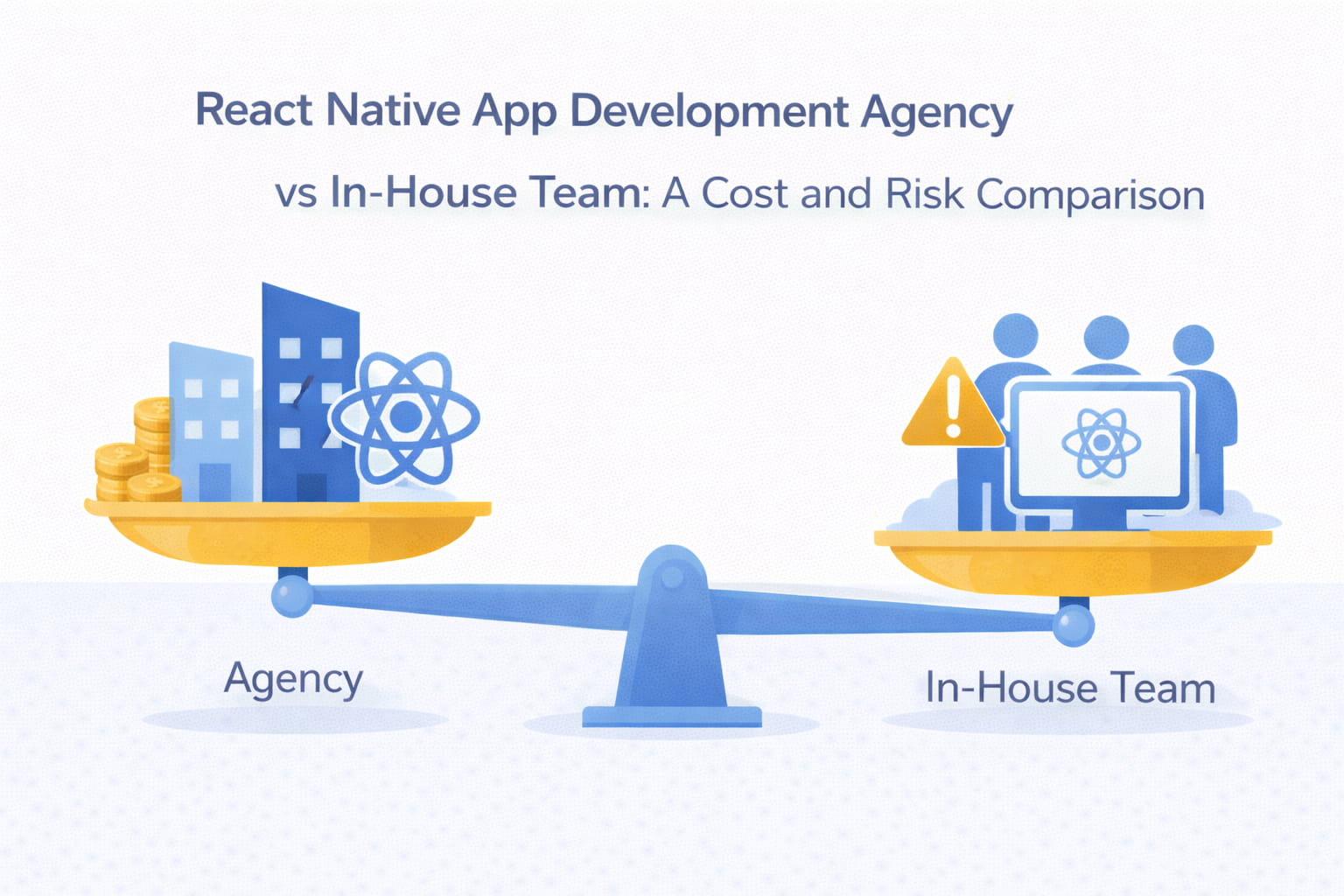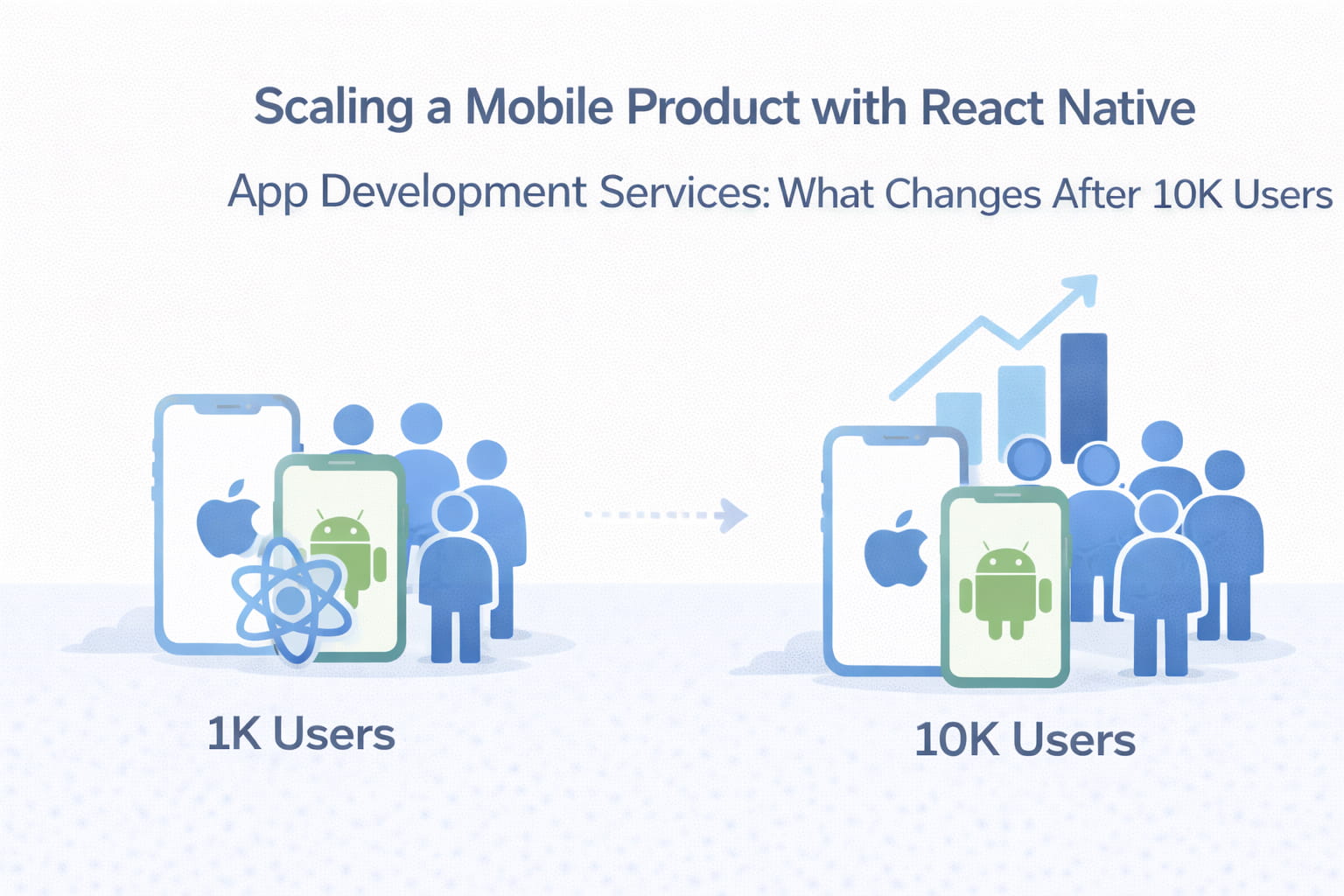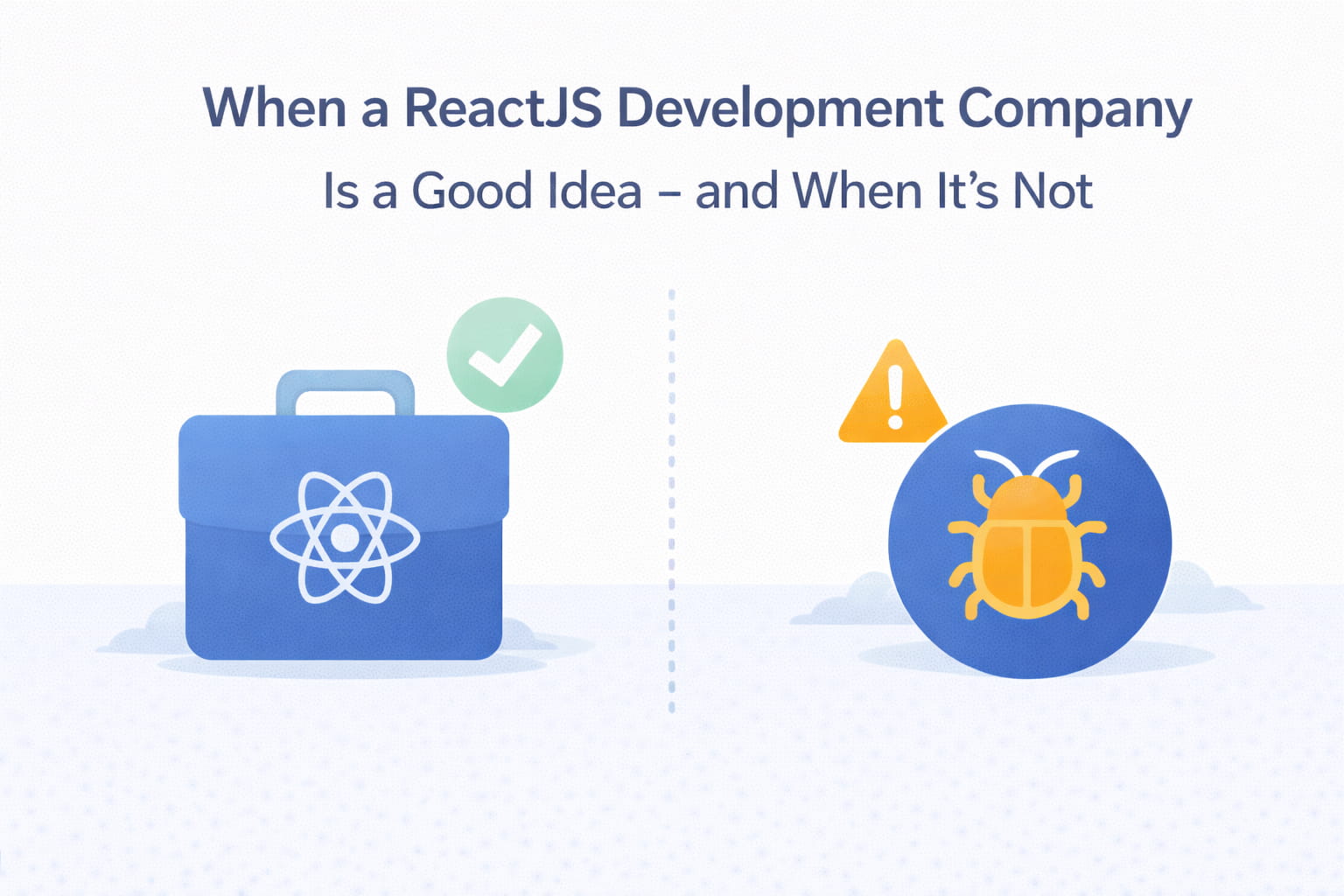What is AI for marketing?
Artificial Intelligence (AI), a technology that enables machines to mimic human intelligence, is revolutionising various industries and facets of life. Marketing, an industry that thrives on understanding and influencing human behavior, is no exception.
As the digital age accelerates, businesses are continually seeking innovative ways to reach their customers, and AI has become a powerful tool in this quest. AI can augment marketing initiatives, automating mundane tasks like scheduling and dispatching emails, or even predicting the success of marketing campaigns.
It goes a step beyond, personalizing the experiences for both marketers and consumers. As the contemporary customer journey is now defined by factors like speed, efficiency, and personalization, harnessing AI to anticipate demand and make strategic decisions has become more crucial than ever. This article explores how businesses can leverage AI in their marketing strategies, and why it’s an investment that could reap substantial returns.
Why you should use Artificial intelligence in your marketing?
Build customer relationships
Chatbots and other AI technologies offer round-the-clock customer service and are always willing to assist users. Customer care teams can spend less time responding to routine inquiries and more time on complicated inquiries by doing this.
Faster decision making
Utilizing marketing tools speeds up the process of sorting through mountains of data. These tools provide the foundation for AI-powered systems that produce insightful data and connect with the appropriate customers at the right time.
Boost marketing campaign return on investment
AI decision-making increases the likelihood of creating content that connects with your audience and converts readers into buyers. Run campaigns depending on the kinds of material your audience interacts with using previous data, and enrich their journey. Your financial situation will be impacted, and your campaign’s ROI will rise.
Use customer data to personalize content
It’s challenging to judge and design anything that works for your customer if you don’t know their preferences—what they want and don’t want.
You can identify potential customers who are interested in your goods or services using customer information such as demographics, purchasing patterns, and geography. Artificial intelligence is the most effective method for obtaining and decoding this data.
Automate repetitive work
Repetitive chores need time and energy. Do you frequently feel worn out and occasionally unmotivated after repeatedly performing the same thing? Then let Levity automate your routine duties, such as sending emails, analyzing surveys, reporting, responding to frequent inquiries, and more. AI can help you save time and money while allowing you to innovate and find solutions to challenging issues.
10 AI marketing use cases
1. Content Generation
AI-powered technologies can make content makers’ jobs considerably easier and more productive.
Although the majority of the content is created by humans, you may utilize AI tools to increase the productivity of your content team by automating certain processes like creating emails, creating customised reports and messages, and selecting social media content.
You may use a variety of tools to help you produce engaging social media content that grows your following. You can also get in touch with an AI marketing firm to get assistance with content development for various channels.
2. Chatbots
You may have interacted with a chatbot at least once in an online store, via their live chat feature on their website, or via social media, particularly Facebook Messenger. AI is used in this way to create better customer service.
AI is best used to develop personalized and personalised content that may be more effective than people, in addition to answering customers’ recurrent questions about pricing, size, and quantity.
Additionally, it would be great to employ personalized content marketing in conjunction with AI chatbots to make them proactive advertisers rather than just tools for acquiring new customers directly.
3. Speech Recognition
Have you ever heard of Alexa, Siri, or Google Assistant? These are only a few of the most well-known speech recognition-based chatbots.
These AIs can translate spoken words into text or recognize spoken words to carry out the instruction. Even programs like Google Maps, Shazam, and other hands-free systems require speech recognition.
So how can marketers use voice recognition in their advertising campaigns? By 2022, more than 55% of homes will have a smart speaker, up from only 13% in 2018. Additionally, voice shopping revenues are anticipated to increase significantly, from just USD 2 billion in 2018 to USD 40 billion in 2022. If the facts are accurate, it is clear that voice recognition should be used in your marketing strategy.
4. Automated email content curation
Finding excellent information and effectively presenting it to your audience are the goals of content curation. Simply said, you make other people’s stuff available to your followers.
However, this method involves adding more value to your material that is more likely to interest your audience rather than simply reposting previously shared content.
You can select material and use it in real time based on parameters and text input by integrating AI copywriting tools and email automation systems. You’ll save time by automating the scheduling and delivery of customer emails. AI enables you to customise the content of your newsletter sent to each of your audiences after segmenting your audience and their emails.
5. Automated image recognition
With an accuracy rate of up to 99.75%, major firms like Google, Facebook, Pinterest, and Amazon employ AI to recognize individuals and objects in pictures and videos.
If you use Facebook, you may have seen how adept the platform has become at identifying your friends’ faces in the pictures you post and automatically tagging them.
Image recognition can improve the synchronization between online content and retail visits from a marketing standpoint. To provide customers with a better online purchasing experience, several stores use facial recognition software to track customers’ in-store visits and link those trips to their profiles. Others use this technology in conjunction with AI-controlled push notifications to deliver customers individualized real-time offers, discounts, and messaging.
6. Dynamic Pricing
Personalized pricing is a common term used to describe this AI. It’s a pricing technique in which supply and/or demand determine a product’s price. A excellent example is when you need to buy something online but can’t locate a deal, or when the cost of ride-sharing apps climbs as demand increases.
In order to give you real-time pricing, an application or website bot can keep track of your predictive analytics use cases, including cookies, history, searches, and other activity. This implies that you receive fewer discounts and/or pay more for the good or service you are currently in need of. It seems unjust, don’t you think? But every narrative has two sides to it.
When there is a decline in demand for a product, customers can gain from dynamic pricing. The unsold state of hotel rooms is a prime illustration of this. Dynamic pricing can provide competitive pricing to draw clients, which can assist reduce the likelihood of a vacancy.
7. Sales Forecasting
It may sound like something out of a sci-fi movie to see into the future to see how campaigns succeed, but it is actually possible right now. Predictive analytics can be used by AI marketing software to forecast sales. Teams can continue to operate normally while seeing a preview of the results of their labor. This also avoids wasting weeks or months on something before deciding whether or not to scale it.
I advise starting as soon as possible if you’re interested in using predictive analytics for sales. With historical and real-time data, the technology trains models using machine learning. As a result, the more you use it, the more accurate and useful it becomes.
Once you get going, the secret is to predict the sales KPIs that are important to your company. These may consist of:
- Rates of conversion
- Purchase cost per unit
- Value of a customer over time
- Customer retention/churn rate
- The typical sales cycle duration
Determine whether particular channels or methods are helping to achieve KPIs or are falling short of them by using the AI forecasts.
8. Churn predictive analytics
AI may be used to anticipate client attrition as well. How? by looking at the Net Promotor Score survey replies, the general opinion of the consumer, and earlier conversations with the client.
You most likely have a ton of information from previous client interactions. Some of these customers are still yours, while others are no longer. You can determine common traits among clients who have quit using your services by reviewing previous talks and communications with them.
By doing this, you can intervene early and foster user interactions.
9. Data analysis
Machine learning techniques are used by AI analytics to evaluate data in real-time, provide crucial customer insights, find trends, and develop data links. You can evaluate what functions well for your company and how your clients connect with you using AI tools.
Decision-making is facilitated by data-based insights. Based on the available facts, it will be simple for you to decide how to modify your marketing initiatives.
10. Ad targeting and analysis
Who do you want to see your advertisements? What customer personas do you have? Where, when, and how may people view your ads?
AI technologies assist you in developing targeted ads that engage the appropriate audience at the right moment. You can even use them to evaluate your adverts before they are even published.
Ads are expensive, and if you keep testing them without assessing their effectiveness, you risk burning a hole in your pocketbook. Customers who see irrelevant advertisements may become annoyed and lose faith in your company.
Examples of AI Marketing
Amazon offers customized purchasing advice
As the industry leader in today’s eCommerce, Amazon has established the bar for product suggestions.
Customers benefit from a more delightful and personalized shopping experience thanks to Amazon’s product suggestions feature. According to study, 53% of consumers claim they always conduct their homework before making a purchase to ensure they are getting the best deal. Because of this, product recommendations will be a big help to clients in finding what they need.
It is useful to inform and empower clients to make the purchasing decision much easier, whether the recommendations are based on past purchases by the customers or simply on similar products at various price points.
In addition, Amazon created a pricing strategy to succeed in the contemporary, dynamic market. Dynamic pricing on Amazon has been a huge success. The corporation uses this tactic to adjust prices at the same quick pace as market demand, rather than overwhelming customers with sudden price changes. With the first-mover advantage, Amazon can give customers appealing product prices before their rivals take any action, keeping them one step ahead of the competition.
Nike – Personalized online experiences
Nike uses artificial intelligence to customise experiences for customers. Nike’s website can make personalized product recommendations for each customer thanks to technology. Customers can also use photos and conversational language to look for products without speaking to anyone.
Nike makes extensive use of AI to completely personalize the client experience, which adds a ton of value to their company.
Starbucks – Reward Program/Mobile App
Starbucks uses AI in its mobile app and rewards program to collect customer data.
In reality, Starbucks has been able to successfully develop its customer ties thanks to its rewards program. For instance, the business offers complimentary coffee to customers on their birthdays. Customers can place their coffee order by speaking with the barista via the company’s smartphone app.
Starbucks obtains your purchasing history using this AI-powered tool, and after taking into account the location, time, and date of your purchases, it recommends flavors they are confident you will like.
BMW – Intelligent Personal Assistant
BMW’s AI-enhanced sports cars come with an intelligent personal assistant in addition to the technology that can learn about the driver and customize the system and cabin environment to each individual. Different vehicle features, including climate control, lights, media, and settings like “Caring Car,” “Experience Modes,” etc., are made possible via this personal assistant.
Drivers may connect with their cars the same way they do with their smartphones thanks to this great assistance. It is a voice-activated handbook that can anticipate travel paths to streamline the input of destinations, warn drivers, and connect with other apps.
Conclusion
AI has an expansive range of applications in the marketing world. Its ability to automate repetitive tasks, analyze data, predict trends, enhance customer service, and offer personalized experiences makes it a powerful tool for businesses to achieve their marketing goals. It’s not just about convenience, though; AI is transforming the marketing landscape by enabling businesses to make smarter decisions, build deeper relationships with their customers, and ultimately improve their bottom line.
The use cases and examples highlighted throughout the article provide a clear glimpse into how AI has revolutionized the marketing efforts of businesses like Amazon, Nike, Starbucks, and BMW. From personalized product recommendations and dynamic pricing to voice-activated assistants and tailored online experiences, AI has proved to be a game-changer.
As we move further into the digital age, AI’s role in marketing will continue to expand. It’s no longer a question of if businesses should adopt AI in their marketing strategies, but rather how they can best leverage it to their advantage. By staying updated with the latest advancements and opportunities offered by AI, businesses can ensure that they stay competitive in an increasingly digital marketplace.



